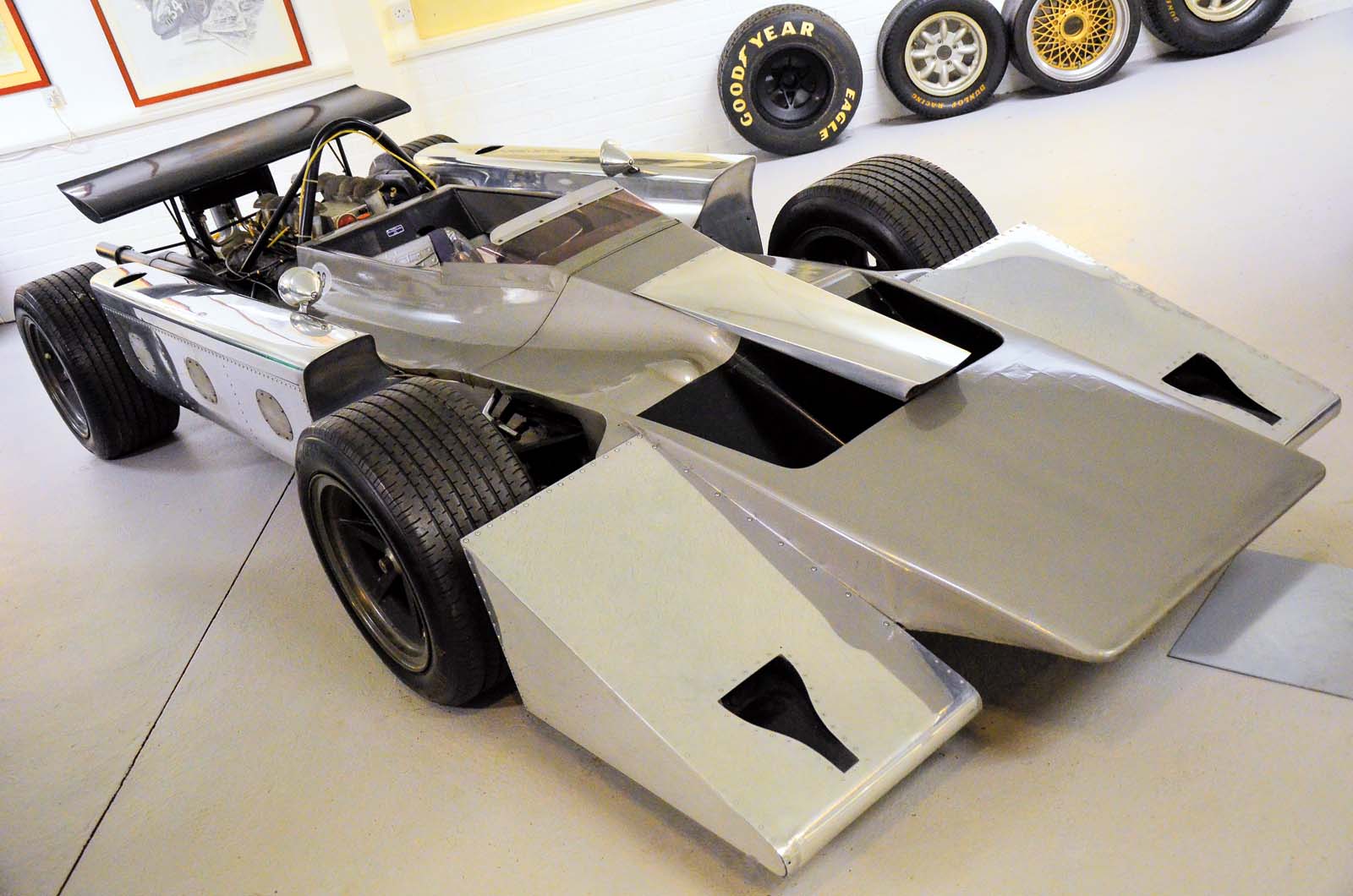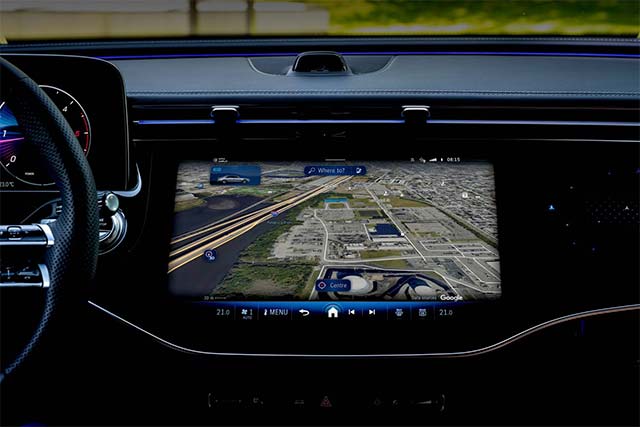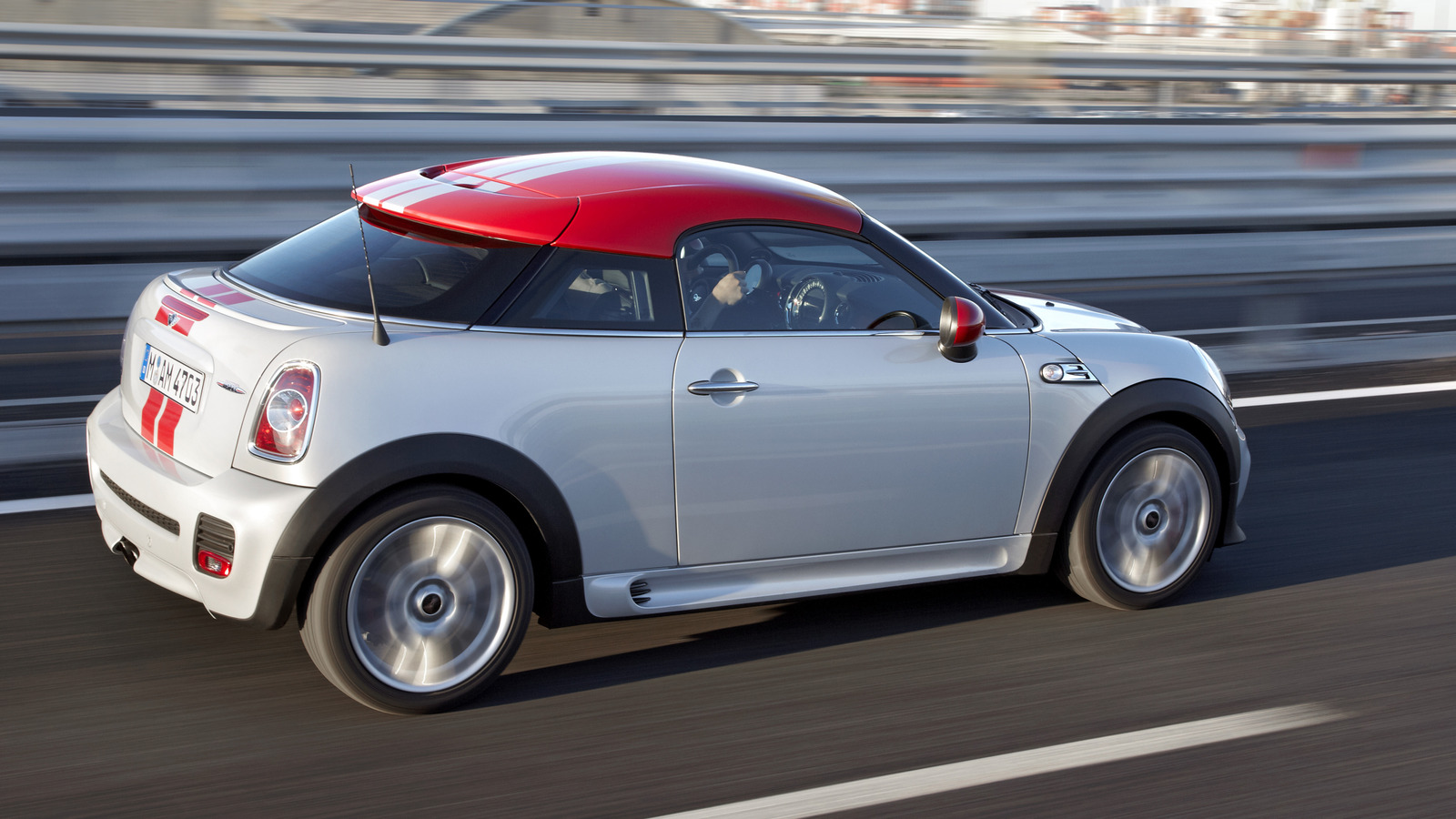BYD’s arrival in South Korea just forced Hyundai’s hand
South Korea's automotive giant faces slowing domestic EV sales and rising competition.
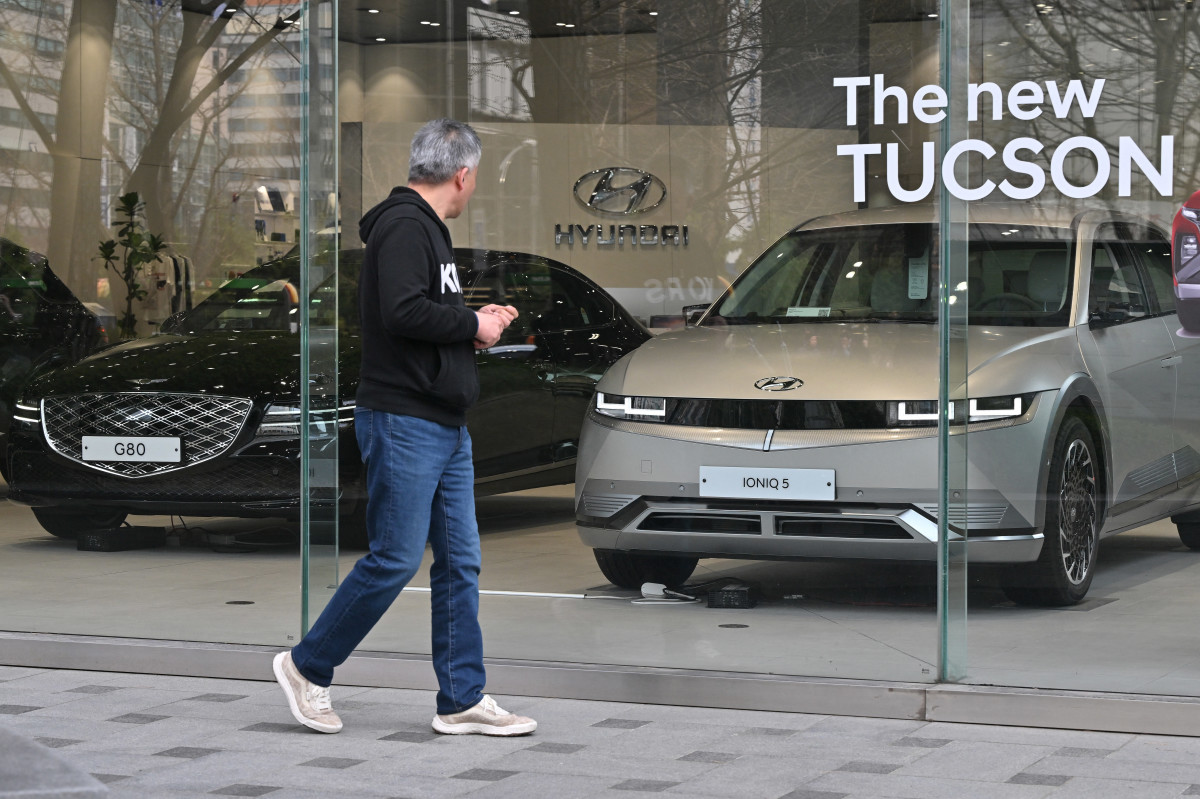
Hyundai is making big moves to boost its struggling electric vehicle (EV) sales in South Korea, rolling out significant price cuts on popular models like the IONIQ 5, IONIQ 6, and Kona Electric. This move comes at a critical time as Chinese automaker BYD enters the South Korean market, intensifying competition for Hyundai and Kia in their home country.
Related: The hidden meaning behind Kendrick Lamar's Super Bowl car
Hyundai’s aggressive EV discounts
Hyundai recently announced sweeping price cuts across its EV lineup, with discounts ranging from 1 million won ($700) to 5 million won ($3,500) for buyers in South Korea. The IONIQ 5 and IONIQ 6 are now available at a discount of 3 million won ($2,000), while the Kona Electric sees up to 4 million won ($2,700) in savings. Hyundai is also extending these discounts to commercial electric vans and premium models like the Genesis GV60. Hyundai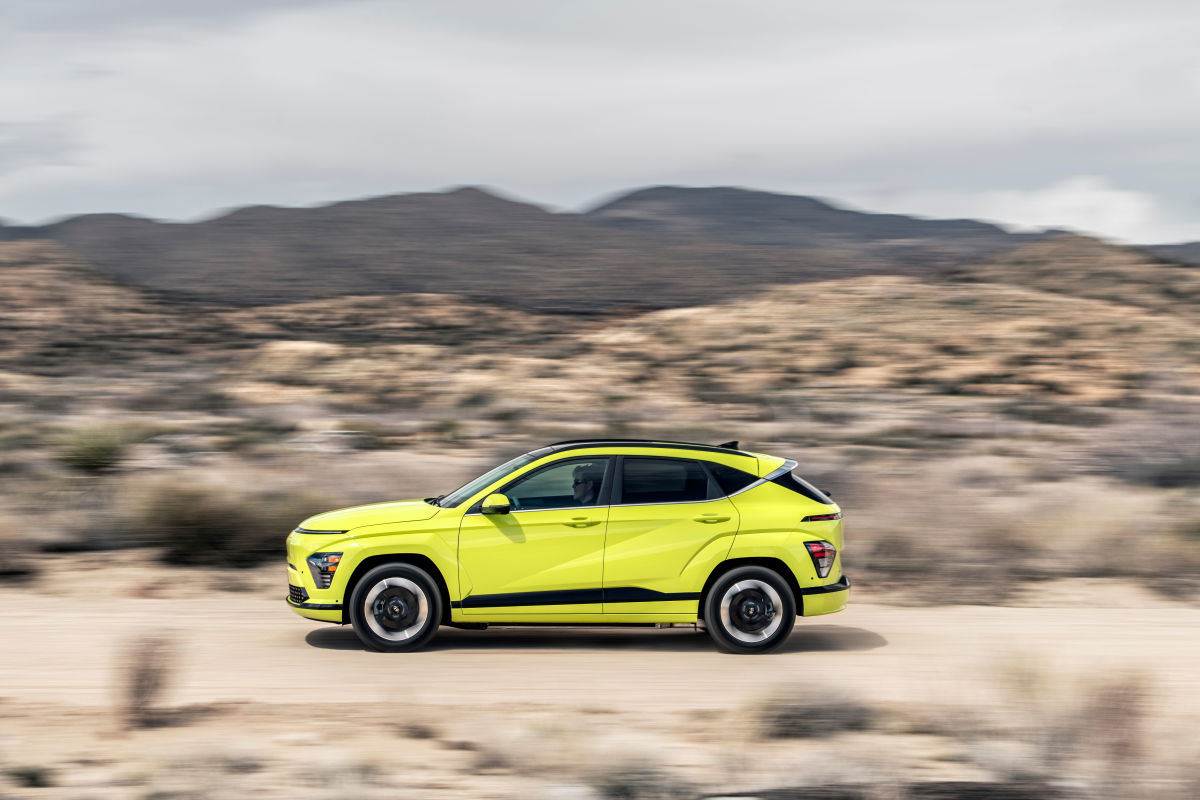
With these reductions, the IONIQ 5 now starts at approximately $30,700 after factoring in government subsidies and additional incentives. This marks a significant price drop from its previous retail price of $37,400. The discounts are part of Hyundai’s "2025 EV Every Care" promotion, which aims to make EVs more accessible amid a downturn in domestic demand.
Related: A new contender enters the EV charging race
Weakening demand leads to production cuts
Despite Hyundai’s global success, particularly in the U.S., where its EV sales continue to climb, the South Korean market tells a different story. In January, Hyundai sold just 75 units of the IONIQ 5 domestically, South Korean business outlet Chosun Biz reported. As a result, the company has decided to halt production of the IONIQ 5 and Kona EV from Feb. 24 to Feb. 28 at its Ulsan plant to manage excess inventory.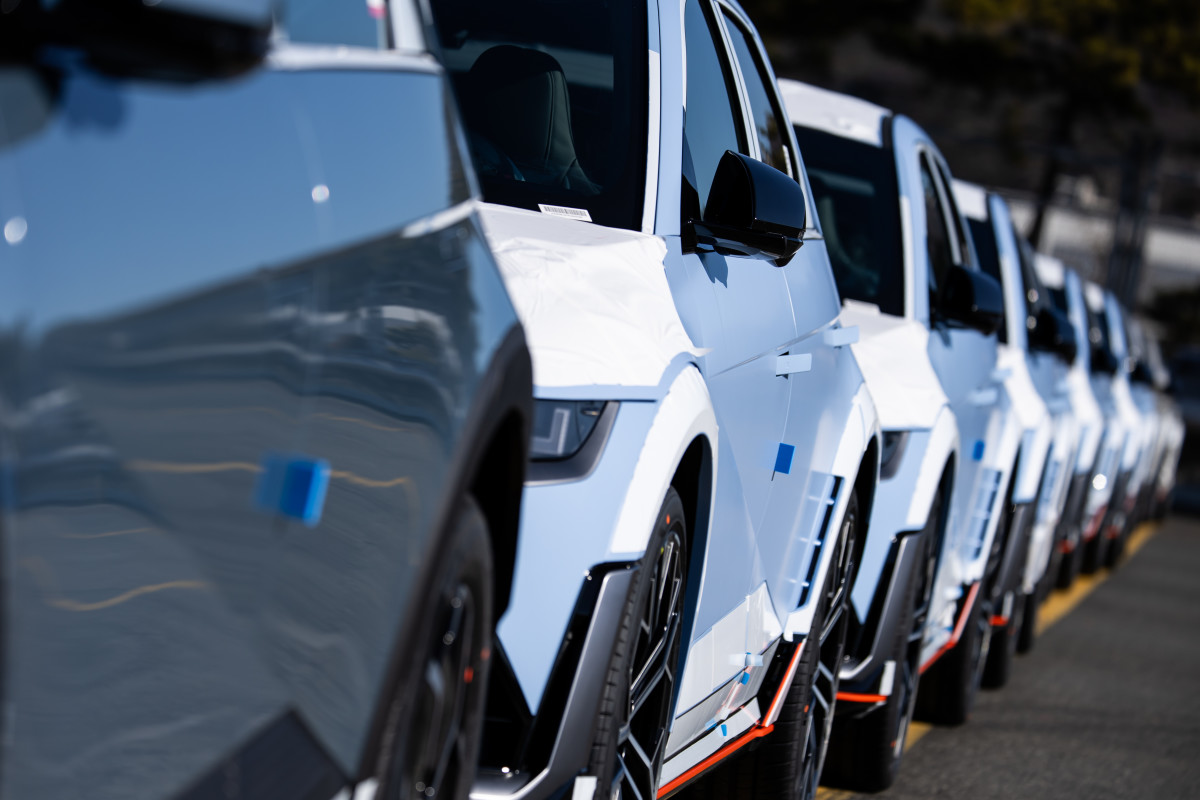
South Korea’s automotive market has been hit by political instability and declining consumer confidence. In 2024, Hyundai and Kia both saw domestic sales decline, with Hyundai’s sales dropping 7.5% and Kia’s falling 4.2%. This downward trend raises concerns about their ability to maintain dominance in their home country.
Related: This stunning Ferrari sold for $36.3 million
BYD’s entry raises the stakes
Further complicating matters, BYD, the biggest EV maker around the globe, has officially entered the South Korean market. The Chinese giant aims to sell at least 10,000 vehicles in its first year, starting with models like the Seal and Dolphin. BYD’s competitive pricing strategy could disrupt the local market, challenging Hyundai’s grip on South Korea’s EV sector.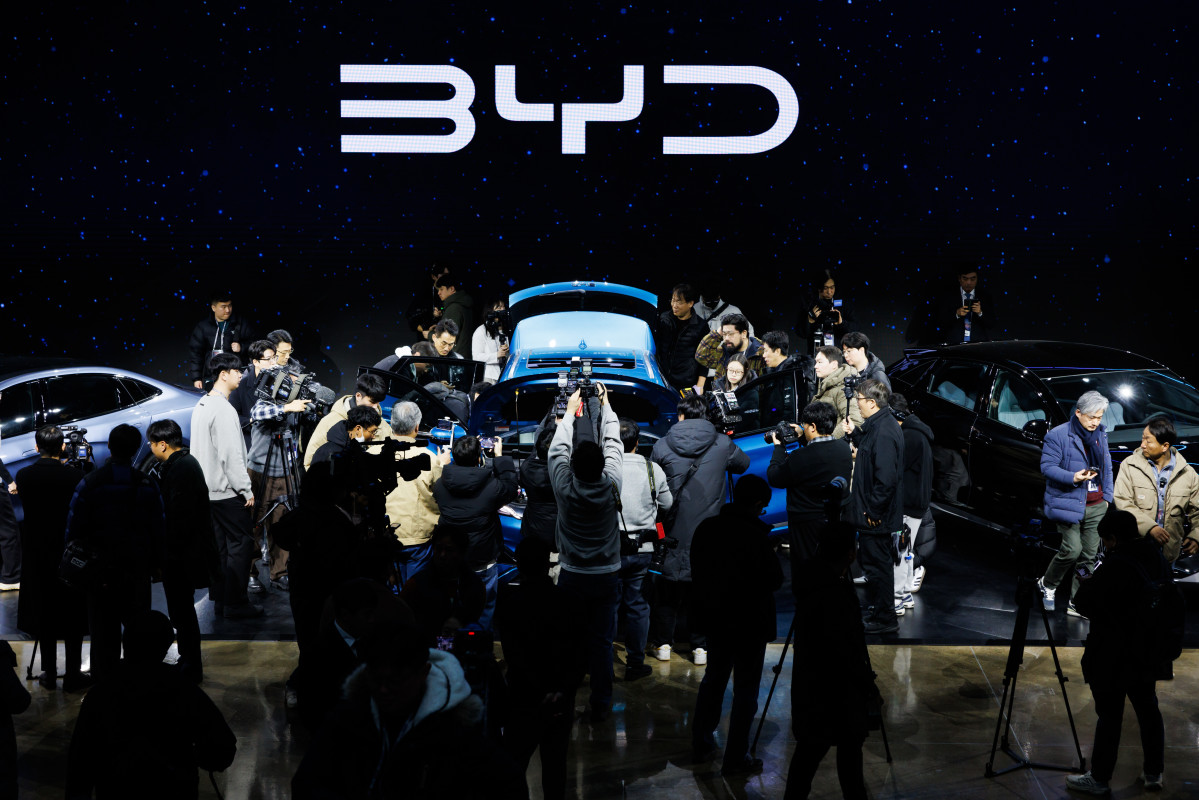
China’s dominance in EV production is already reshaping the global auto industry, and South Korea is no exception. With BYD’s rapid expansion and cost-effective offerings, Hyundai is facing increased pressure to retain market share. Whether Hyundai’s price cuts will be enough to fend off this new competition remains to be seen.
Final thoughts
Hyundai remains a strong player in the global EV market, with successful sales in the U.S., and plans to expand production in Georgia. However, the South Korean market remains a significant challenge. The company’s latest price cuts are a clear attempt to stimulate demand, but with BYD aggressively entering the space, Hyundai may need to rethink its long-term strategy to stay competitive in its home country.
Love reading Autoblog? Sign up for our weekly newsletter to get exclusive articles, insider insights, and the latest updates delivered right to your inbox. Click here to sign up now!
Related: Most Tesla drivers won’t get self-driving without a hardware upgrade



















